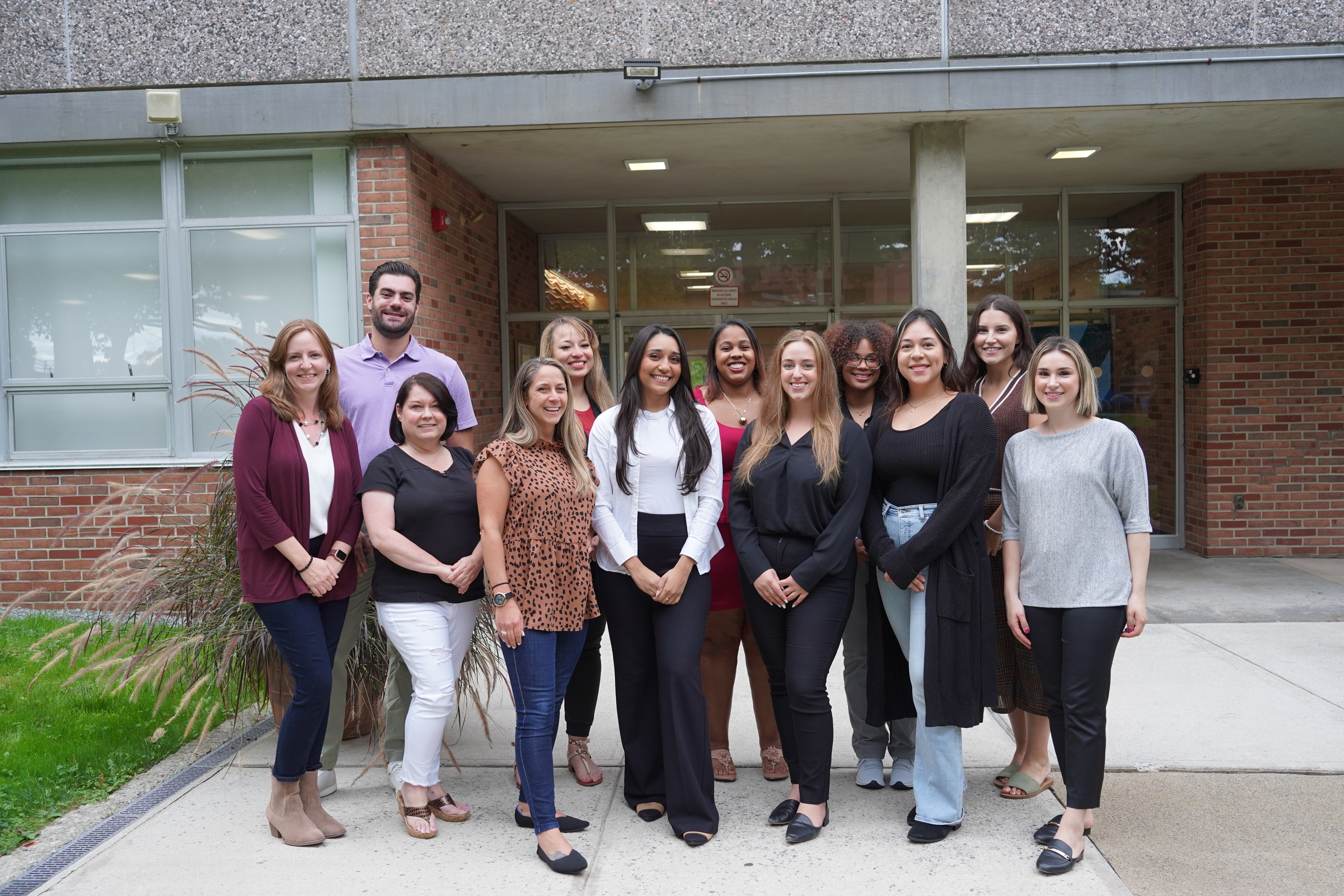Psy.D. in Counseling Psychology
Contact Information
Psy.D. in Counseling Psychology
Director, Psy.D. Program
Henderson Hall 222-B
Phone: (973) 290-4111
cliparini@steu.edu

Brief Statement on Recruitment
The Psy.D. Program at Saint Elizabeth University recognizes the significance of diversity, inclusion, equity, and social justice in all aspects of the curriculum. The Psy.D. Program welcomes and intentionally recruits people of all backgrounds, especially individuals who identify with historically marginalized groups* who are underrepresented in counseling psychology.
Accreditation Status
The Counseling Psychology Psy.D. program at Saint Elizabeth University is fully accredited
for ten years by the Commission on Accreditation of the American Psychological Association
(APA) with an effective accreditation date of May 6, 2024. The next site visit will
be in 2033.
To view the program’s accreditation status, please visit the APA Office of Program
Consultation and Accreditation’s program search site.
For more information, please contact APA's Office of Program Consultation and Accreditation,
Commission on Accreditation or visit their website: http://www.apa.org/ed/
Office of Program Consultation and Accreditation
American Psychological Association
Commission on Accreditation
750 First Street, N.E.
Washington, D.C. 20002-4242
Office Phone: (202) 336-5979
Office Fax: (202) 336-5978
Psychologist Licensure Requirements
The Doctor of Psychology (Psy.D.) program at Saint Elizabeth University is accredited
by the American Psychological Association (APA), ensuring that the program meets the
rigorous educational and training standards recognized in all 50 states for psychology
licensure eligibility. While APA accreditation provides a strong foundation, students
are encouraged to confirm the specific licensure requirements in the state where they
intend to practice, as these requirements can vary.
Generally, the process to obtain licensure as a psychologist includes:
Complete an Approved Education Program: Graduates must earn a doctoral degree in psychology
from an APA-accredited program, which satisfies the educational requirements for licensure
in all states.
Complete a Full-Time, One-Year Internship: This is a requirement for the Psy.D. degree
and licensure in most states. APA-accredited internships are widely accepted and preferred
by most licensing boards.
Complete Supervised Clinical Experience: Most states, including New Jersey, require
two (2) years of full-time supervised practice totaling 3,500 hours. This can be a
combination of pre-doctoral and post-doctoral hours and includes the following breakdown:
- 2,000 client contact hours;
- 400 hours of supervision (at least 200 of which must be individual supervision, with the remainder in group or individual supervision); and
- 1,100 hours in work-related activities such as recordkeeping, consultations, report writing, etc.
- Supervision must be provided by a psychologist licensed for at least two (2) years in the state in which the supervision is received.
- Pass the National and State Examinations: Candidates must pass the Examination for Professional Practice in Psychology (EPPP) and, in New Jersey, the jurisprudence exam. Other states may have additional exam requirements.
- Meet Any Additional State Requirements: These may include background checks, credential verification, or state-specific training or examinations.
Saint Elizabeth University’s Psy.D. program is specifically designed to align with
New Jersey’s licensure requirements, including its curriculum, pre-doctoral internship,
and preparation for the EPPP. Our graduates are well-prepared to pursue licensure
in New Jersey and other states.
Students seeking licensure outside of New Jersey should consult the Association of
State and Provincial Psychology Boards (ASPPB) compendium, PsyBook, and the websites
of individual state licensing boards for the most accurate and up-to-date information
on educational and training requirements. Because licensing boards can update requirements
without notice to programs, students are responsible for ensuring that they meet all
licensure requirements for their intended state of practice.
For additional resources, visit the ASPPB website at http://psybook.asppb.org/.
